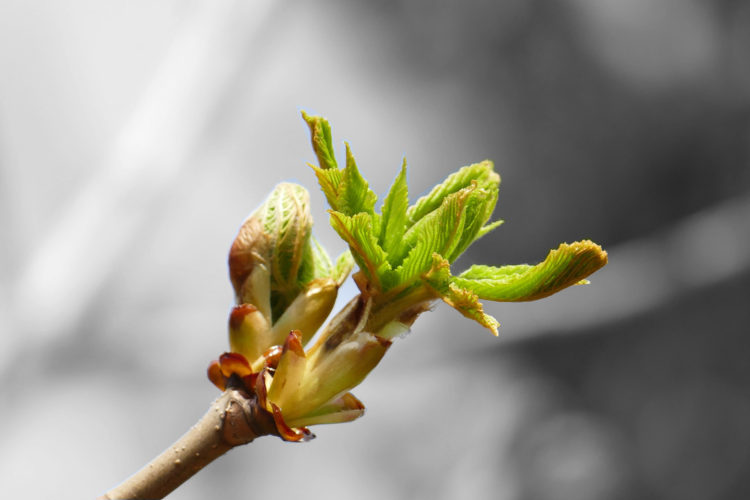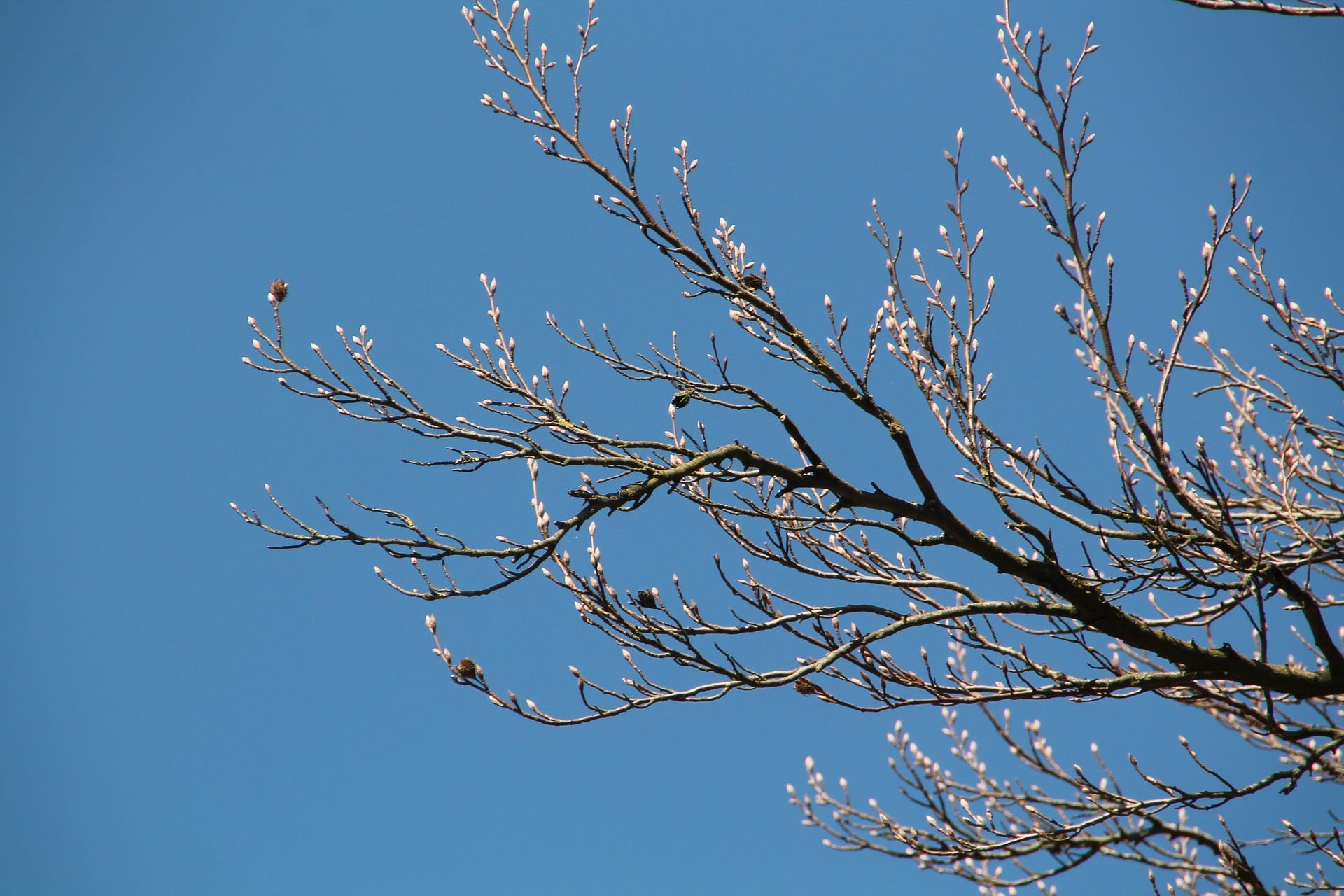The one thing that always separates us from despair — and makes all the difference in the world . . .
As you go into the day today, you will be faced by challenges.
That is inescapable.
Life is not a soft business. As Seneca said, life will throw things at you, things will hit you, and it will hurt.
That, too, is an inescapable part of life.
One trying to escape life’s pains, like criticism, ends up as Aristotle or Elbert Hubbard said: saying nothing, doing nothing, and being nothing.
But we are all here to do something, are we not?
You have something to say.
You have something to do.
You have something to be.
And guess what? You are worthy of each. You’re here to do something unique, something powerful, something that will touch the lives of others and lift you up by virtue of a higher purpose. Whether you follow through and do that is entirely up to you.
It won’t be easy.
But it won’t be impossible either.
The thing is, we’re all far stronger than we think we are — and yet most of us sell ourselves short, and pay the price for it.
That is the danger I warn you of today.
When all is dark, when times are trying, and when part of you just wants to give in, what’s the reaction? What’s your response? Most people become smaller, they become less, they break, not by some outward will imposed on them, but by choice.
The Question: in life’s trials, are we incapable of escaping the influences of our surroundings? Do we have no choice of action in the face of such darkness? Are we not strong enough?
The Answer: can be found in Dr. Viktor Frankl’s experiences in the dehumanizing perdition of the Nazi concentration camps. There is perhaps no greater example of life’s trials than this.
- When you’ve been pulled from your life, from everything and everyone you knew.
- When you have only a scrap of bread and a thin broth for a day spent at hard labor, and sometimes not even that.
- When you are never sure if the next place they are shipping you to is a labor camp or a death camp.
- When you have to huddle together on racks in a cabin in the dead of winter, covered in lice and vermin, with not even enough blankets to share.
- When you’re stripped of your very name and simply given a number.
- When there is no end in sight to your internment, and yet the constant end of death ever nagging at you.
- When cruelty, pain, and a collective apathy become so commonplace that the world beyond, and all of its joys, and indeed your past and everything in it, seems like a dream, like another life, like a world forever separate from your own . . .
Here’s the next question: what does it make of you?
Does it break you down into nothing?
Do you hold on to your dignity and humanity?
Do you have a choice?
I think you do.
“We can answer these questions from experience as well as on principle. The experiences of camp life show that man does have a choice of action. There were enough examples, often of a heroic nature, which proved that apathy could be overcome, irritability suppressed. Man can preserve a vestige of spiritual freedom, of independence of mind, even in such terrible condition of psychic and physical stress.” ~Viktor Frankl
Where did Dr. Frankl learn this? Simple: he saw it in his fellow human beings, in the darkest of times. Actions. Choices. Decisions. A freedom to choose. Even when most people had given up to the influence of despair and apathy:
“We who lived in concentration camps can remember the men who walked through the huts comforting others, giving away their last piece of bread. They have been few in number, but they offer sufficient proof that everything can be taken from a man but one thing: the last of the human freedoms — to choose one’s attitude in any given set of circumstances, to choose one’s own way.”
I’ve seen it too.
- I’ve had a cancer patient, bald from chemo, laugh and joke and even chastise me for being too serious.
- In that same year I saw a man driving a Porsche and wearing an expensive suit complaining about the slowness of the coffee line, and then bemoaning how the coffee wasn’t hot enough, even though he was young and had all the hairs on his head and the sun was shining outside.
Everything can be taken from you, but you can still choose.
You can go through hell today, but you can choose your attitude towards it.
Life can give you flowers, or thorns, but it’s you who decides what to make of it.
John Milton put it well in Paradise Lost:
“The mind is its own place, and in itself can make a heaven of hell, a hell of heaven.”
Scott Tonges also explores the same matter in his article, and summarizes it well when he says that when you accept that how you act and react in any circumstance is entirely under your control, your outlook changes.
Few people respect this power, let alone use it. Most people let themselves get swept away on the tide of emotions, influences, and changes in the world around him. Their identity, and fate, seems more determined by the shifts in trends, markets, and “what’s popular” than their own sense of freedom.
We can hardly blame the prisoners for breaking, though. But even then a minority remained free.
And all we need is one example to know we can do it too.
“Of the prisoners only a few kept their full inner liberty and obtained those values which their suffering afforded, but even one such example is sufficient proof that man’s inner strength may raise him above his outward fate. Such men are not only in concentration camps. Everywhere man is confronted with fate, with the chance of achieving something through his own suffering.”
- Today, you can grow.
- Today you can learn.
- Today you can be happy, great, and productive.
- Today you can smile and be kind.
- Today you can take another step into greatness.
Even though adversity stands in your way, you can raise yourself above it! The suffering, the pain, the hardship — all of it has meaning if you choose to make it so.
What happens isn’t always under your control. But how you face it, as Andrew Merle wrote, is a choice you get to make every single time.
Choice.
Viktor believed that we all have that inner greatness; a strength, a power that can only be defeated by our own choice. In his book, he brings to mind the memory of a young woman whose death he witnessed in the camp:
“This young woman knew that she would die in the next few days. But when I talked to her she was cheerful in spite of this knowledge. ‘I am grateful that fate has hit me so hard,’ she told me. ‘In my former life I was spoiled and did not take spiritual accomplishments seriously.’ Pointing through the window of the hut, she said, ‘This tree here is the only friend I have in my loneliness.’ Through that window she could see just one branch of a chestnut tree, and on the branch were two blossoms. ‘I often talk to this tree,’ she said to me. I was startled and didn’t quite know how to take her words. Was she delirious? Did she have occasional hallucinations? Anxiously I asked her if the tree replied. ‘Yes.’ What did it say to her? She answered, ‘It said to me, “I am here — I am here — I am life, eternal life.”
We all have it within us to be like that. To choose the higher road even in life’s sufferings — to believe that we will always have the power to choose our attitude towards the joys and perils of living.
You have it today, as you go into your life, and you will have it tomorrow too.
So smile, and be strong, for you are strong, incredibly strong.
Don’t make the mistake of believing anything less.

